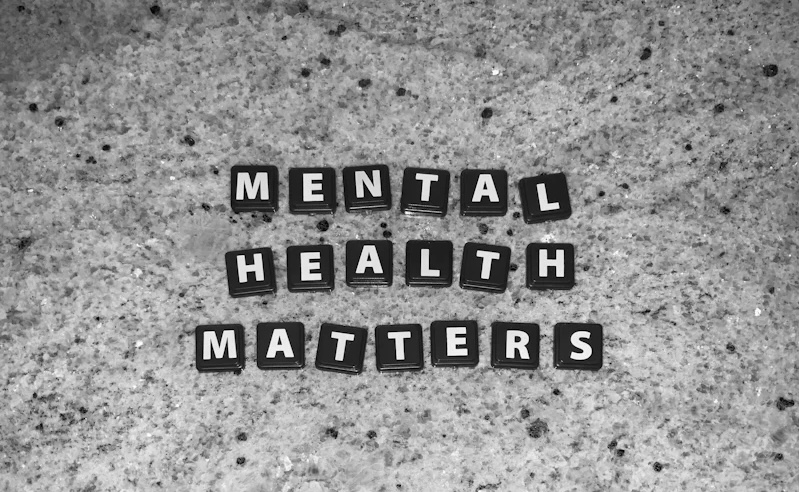
Psychiatric advance directives can be a means of self-advocacy.
Mental health has become a hot topic in recent years.
Whether it is through dramatized television shows or public service announcements, people are increasingly aware of mental health concerns.
Despite this fact, many people do not consider the possibility of mental health issues impacting themselves or their loved ones.
People do not need to have a family history of mental health concerns to be at risk.
Aging and injury can cause cognitive decline or traumatic brain injury.
According to a recent Trust & Will article titled "Guide to Psychiatric Advance Directives—What You Need to Know," psychiatric advance directives help protect an individual's agency during mental health concerns.

Psychiatric advance directives are one tool for prioritizing your mental health.
Psychiatric advance directives (PADs) are not as well known as other estate planning documents.
While they may get less attention than advance health care directives, they function similarly.
With psychiatric advance directives, you can outline in a legal document your psychiatric treatment preference should you be incapacitated as a result of a mental health crisis or cognitive decline.
The document allows you to guide your healthcare providers regarding therapies and medications.
Both the mind and body are critical to the overall health and wellness.
These directives serve as a means of proactively communicating preferences and advocating for your mental healthcare treatment.
With psychiatric advance directives, you can provide specifics regarding your choices of mental health facility or psychiatric provider.
Generally, psychiatric advance directives have components of medical powers of attorney and advance medical directives.
States may have specific requirements for validity, such as having witnesses or being of a particular legal age to create the documents.
Like most areas of law, this one is ever-evolving.
Like with most incapacity planning documents, one must be deemed unable to make such mental health decisions before a psychiatric advance directive becomes effective.
Generally, this assessment must be done by a qualified mental health professional.
Psychiatric advance directives are legal documents with powers of attorney and advance medical directive components outlining mental health wishes.
These documents help provide instructions for psychological care during incapacity.
Generally, the requirements of psychiatric advance directives mirror those of medical powers of attorney and advance medical directives.
In conclusion, your mental health matters as much as your physical health.
Take time to prepare for mental health concerns like cognitive decline should they arise in the future.
This post is for informational purposes only and does not provide legal advice. You should contact an attorney for advice concerning any particular issue or problem. Nothing herein creates an attorney-client relationship between Harvest Law KC and the reader.
Reference: Trust & Will "Guide to Psychiatric Advance Directives - What You Need to Know,"
REMEMBER: “The choice of a lawyer is an important decision and should not be based solely upon advertisements.”
This statement is required by rule of the Supreme Court of Missouri.
